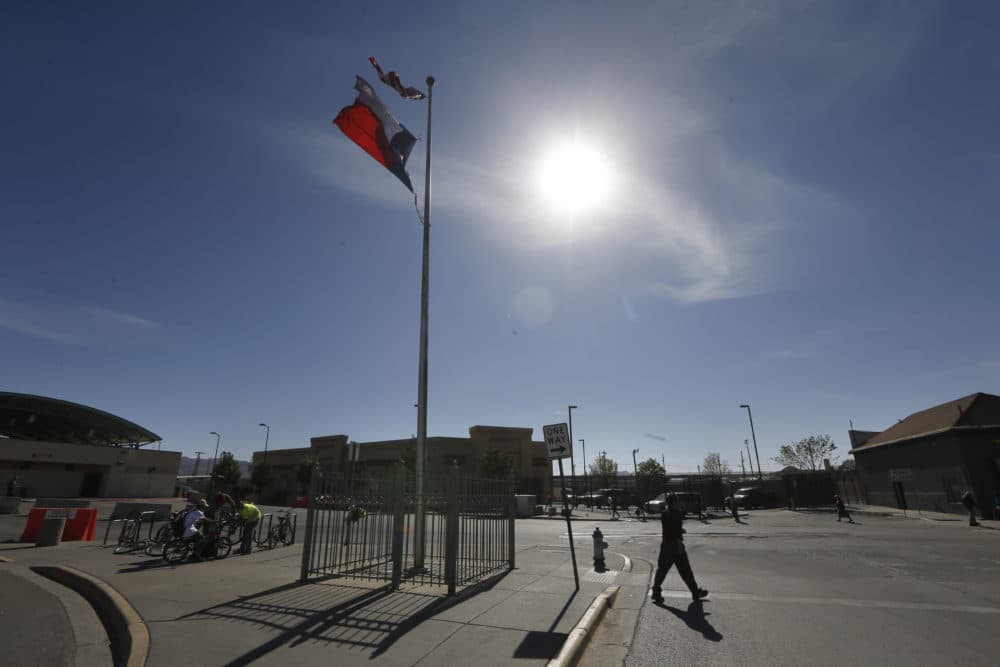Advertisement
White House Official: Trump 'Keeping All Of His Options Open' On Border Closure
Resume
President Trump promised on Twitter last week to close the southern border with Mexico this week, if Mexico doesn't immediately stop all illegal immigration into the U.S.
But the administration has not given details about if and when that will happen.
"I think the president has seen more action from Mexico, I think he's seen some good progress," Adam Kennedy, deputy assistant to the president and deputy director of communications, tells Here & Now's Jeremy Hobson. "I think the president is keeping all of his options open."
Kennedy says Mexico has been taking some steps to reduce migration into the U.S.
"Mexico has been setting up check points; Mexico has been working with us to receive more people seeking asylum," he says. "Mexico has been an ongoing partner in this and they've shown willingness to do even more."
It's unclear if Mexico has taken any of these steps since the president threatened to close the border.
Meanwhile, members of both parties have been critical of Trump's call. Senate Majority Leader Republican Mitch McConnell told reporters on Tuesday that closing the U.S.-Mexico border would have a "potentially catastrophic impact."
The Trump administration also announced over the weekend that it will cut off aid to Guatemala, El Salvador and Honduras.
Kennedy says the decision to revoke the aid was made because of migrants coming from these Central American countries.
"What we're seeing is that most of the illegal immigration is coming from three key countries and those countries haven't been willing to work with us to stop that," he says.
However, massive numbers of immigrants are continuing their journey to the southern border.
The decision to revoke aid has drawn widespread criticism, including from Liz Schrayer, president of the U.S. Global Leadership Coalition, a nonprofit that supports diplomacy in the U.S.
"I am very concerned that if we cut that aid, it's going to exacerbate the unrest," she told Here & Now, referring to some of the violence in the Central American region known as the Northern Triangle. "What our aid is doing, it's investing in the root causes that are driving people to leave their homes."
Trump plans to visit the U.S.-Mexico border on Friday.
This article was originally published on April 03, 2019.
This segment aired on April 3, 2019.

